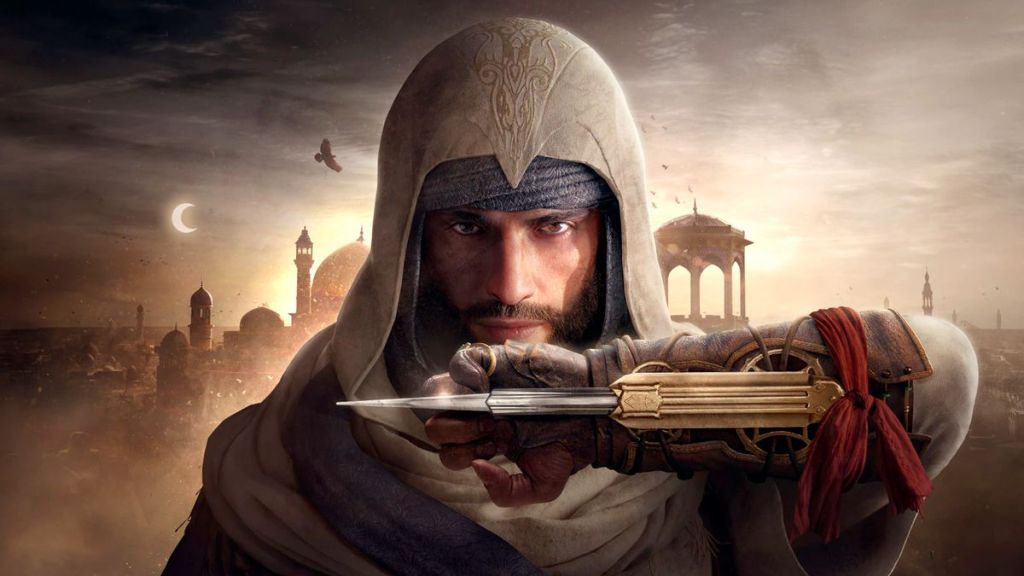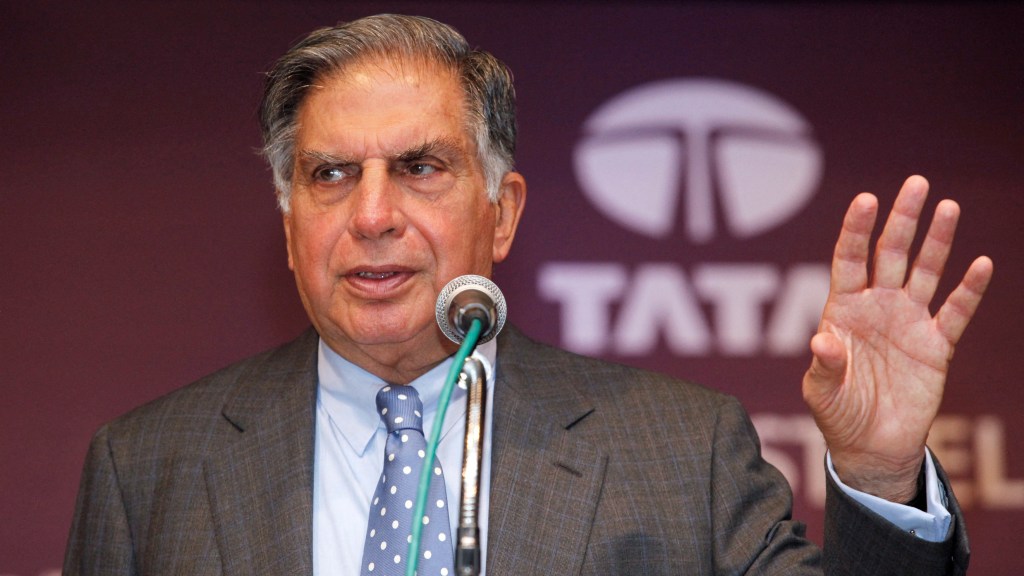Ubisoft, Creator of Assassin’s Creed, Considers Private Ownership Amid Strategic Review
Ubisoft, the renowned video game studio recognized for the Assassin’s Creed franchise, has confirmed it is currently “reviewing its strategic options” following recent rumors about a potential private takeover.
The Guillemot Brothers, a holding firm led by members of Ubisoft’s founding family, have reportedly engaged in discussions with Tencent, a leading technology company known for its influence in online gaming, social media, fintech, and online advertising within China.
Both Tencent and the Guillemot Brothers are exploring strategies to stabilize Ubisoft’s operations and enhance its stock value, possibly leading to a buyout that would transition the company into private ownership.
As indicated in the company’s latest annual report, Tencent holds over 9 percent of the voting rights, while the Guillemot Brothers control more than 20 percent.
A Bloomberg report revealing that these two stakeholders have consulted with advisors regarding possible future avenues resulted in a more than 30 percent surge in Ubisoft’s share price on the Paris market last Friday. Despite this rise, the stock remains more than 50 percent lower than a year ago and over 80 percent down from its peak in 2021 during the pandemic.
In a concise update to the stock market on Monday addressing the media speculation, Ubisoft remarked it “regularly reviews all its strategic options in the interest of its stakeholders and will communicate with the market when appropriate.” The company confirmed that management is primarily focused on executing its current strategy.
Founded in 1986 in Brittany by the Guillemot brothers—Christian, Claude, Gérard, Michel, and Yves—Ubisoft initially operated as a distributor of computer games for brands like Electronic Arts before transitioning to develop its own titles.
Throughout the 1990s, the company gained popularity with games such as Rayman and continued its success with franchises like Prince of Persia and Splinter Cell. The debut of Assassin’s Creed in 2007 marked a significant milestone for the studio.
However, in recent years, Ubisoft has faced challenges, including delays in its game releases. Last week, the company announced it would be postponing the launch of Assassin’s Creed Shadows to February due to underwhelming sales of its new Star Wars Outlaws game.
Ubisoft recently communicated a need for “additional time to polish the title,” which led to a revised financial outlook predicting sales of €1.95 billion for the fiscal year ending in 2025, a decrease from this year’s expectations. Net bookings for the second quarter are now forecasted to range between €350 million and €370 million, down from the earlier estimate of €500 million.
Ubisoft has indicated plans to enhance the performance of Star Wars. The company’s half-year results are scheduled to be released on October 30. Analysts from UBS have noted that critic reviews are generally more favorable than user assessments.
This year, Ubisoft faced significant losses, having to write off €500 million in research and development due to the cancellation of three projects and delaying the launch of its Skull and Bones game. The company stated that these cancellations would allow for a greater investment in its major franchises.
Complications from production during the pandemic and regulatory measures imposed in China to limit gaming hours and monetization practices have also impacted Ubisoft’s performance. The company has set a target to reduce costs by €200 million by 2026, aiming to regain its footing.
A number of minority shareholders, including AJ-Investments, are advocating for either a transition to private ownership or a sale to a strategic investor, prompted by the decline in stock prices.
Recent discussions about Ubisoft’s ownership have emerged in light of previous speculation in 2022, which suggested that private equity firms such as Blackstone and KKR were considering bids for the company.




Post Comment